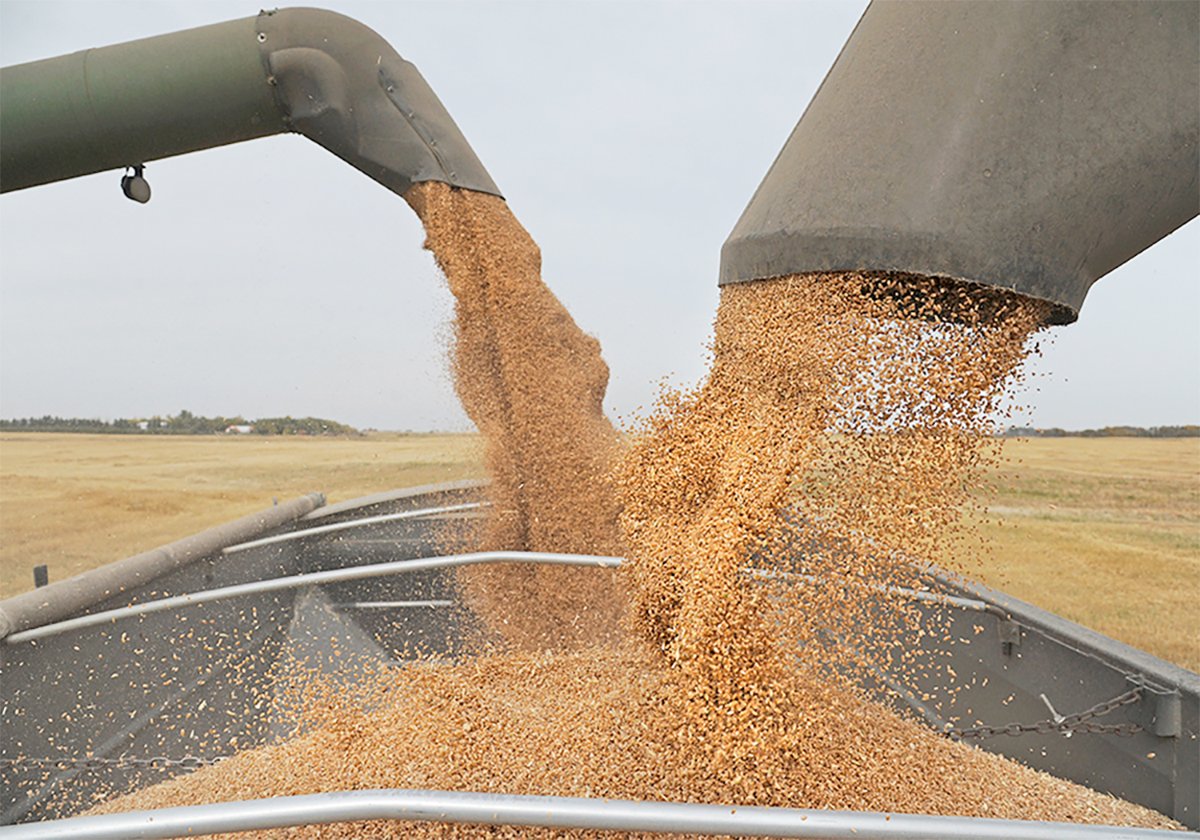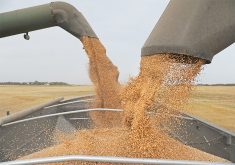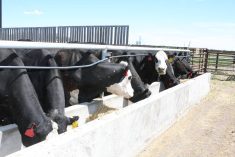Guebert is an agricultural journalist and columnist based in Illinois.
If urban sprawl consumes two acres of America’s finite farmland every minute, should Congress, through the 2007 farm bill, address farmland protection?
If one out of three Americans is either overweight or obese, should the $57 billion US the U.S. Department of Agriculture will spend on domestic food assistance in 2007-08 be tied to USDA’s dietary guidelines?
Should the nation’s number two farm state, Texas, with $17 billion in annual food and fibre sales, receive three times more federal farm program money than California, the nation’s top ag producer with $32 billion in annual sales?
Read Also

Agriculture productivity can be increased with little or no cost
There’s a way to enhance agricultural productivity with little or no cost. It doesn’t even require a bunch of legislative changes.
These aren’t typical farm policy questions asked of Congress by ag players jockeying for ears and money in farm bill years like 2007. But 2007 isn’t a typical legislative year and Congress already is facing some very atypical farm bill ideas.
Part of the uniqueness is the debate itself. House ag chair Collin Peterson has promised subcommittee chiefs will write the bill. While that’s the way the process is designed to work, neither of the last two farm bills followed that script.
In 1996, House ag boss Pat Roberts wrote Freedom to Farm almost single-handedly; House leaders then ordered it passed. The 2002 trail was wider – it had to be; Democrats controlled the Senate, yet House leaders drained important Senate reforms from the final bill and, later, failed to fund ones they couldn’t kill.
Now new players with new power are looking to make new farm bill hay.
For example, California Democrat Dennis Cardoza, new chair the House ag subcommittee on horticulture and organic agriculture, will “maintain California’s leadership position in agriculture” by delivering his state’s growers “full participation in the farm bill.”
It isn’t a boast. Cardoza already has a firm draft bill and dozens of House votes to send farm bill money (up to $1 billion per year, say those who’ve read it) to long-time farm program outsiders like fruit and vegetable growers.
Likewise, two other farm and food coalitions, representing far more voters than there are farmers and ranchers, have announced sweeping farm bill reform plans.
On Jan. 18, more than 200 farm, ranch, consumer, labour, religious, environmental and wildlife groups proclaimed their intent to include a “competition” title in the 2007 farm bill. Its aim, they noted, is “to make sure we reverse the advance of industrial food production, processing
and marketing.”
Tall order? Sure, but some tall legislators, like Iowa’s ag twins, Senate ag chair Tom Harkin and his GOP counterpart Chuck Grassley, have endorsed some or most of the corporation-clipping proposal.
Four days later, an alliance of more than 350 farm, food, public health, anti-hunger, conservation, faith and rural development groups called the Farm and Food Policy Project unveiled a detailed shopping list for their ideal 2007
farm bill.
At their core, though, all these newly found ideas and players really aren’t that new, explained Ferd Hoefner, policy director of the Sustainable Agriculture Coalition and a member of the Farm and Food Policy Project.
“It’s just that now there’s a growing awareness in Congress that yesterday’s farm bill should move more to a farm and food bill to serve all of America – consumers, communities, the environment and conservation, not just farmers and ranchers,” he said.
The biggest issue for these new players, however, will be the biggest, oldest issue of all farm bill debates – farm program money. It’s tighter than a vest on a statue and might be capped at $10 billion per year.
What isn’t capped this time around, though, is the process; it’s wide-open and anyone who has ever lifted a fork, knife or pitchfork is walking into the fray.














